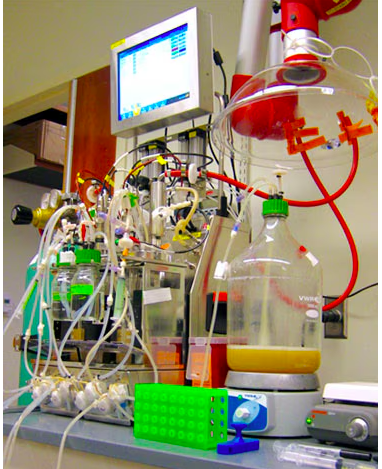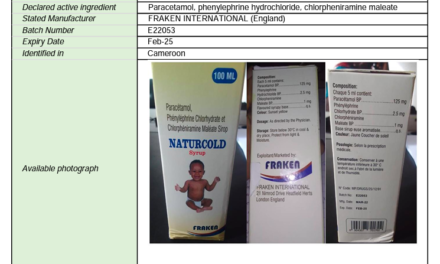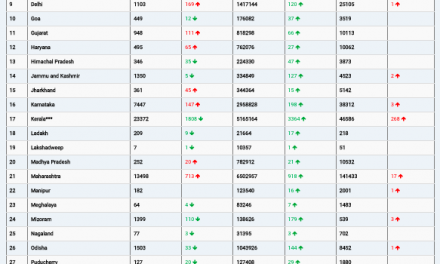In a groundbreaking revelation, Lawrence David, an associate professor of molecular genetics and microbiology at Duke University, found inspiration in an unexpected place – a conversation with an ecologist studying the diets of African savanna herbivores. This encounter sparked an innovative approach to understanding human nutrition through the analysis of fecal DNA.
David’s research, published in the Proceedings of the National Academy of Sciences (PNAS), delves into the intricate relationship between diet, DNA, and feces. By sequencing DNA from human feces, David and his team aim to unravel the mysteries of digestion and its connection to health outcomes, particularly in diseases linked to diet.
The methodology is ingenious yet straightforward. Everything we ingest, except for certain elements like vitamins and minerals, originates from living organisms, each with its own unique genetic code. A fraction of this DNA remains undigested and is subsequently expelled in feces. Through DNA sequencing, David reconstructs individuals’ diets by identifying the genetic signatures of the plants and animals they consume.
“Patients report the fruit they ate yesterday but not the M&Ms,” explains Neil Stollman, MD, chief of gastroenterology at Alta Bates Summit Medical Center. Fecal DNA analysis eliminates the inaccuracies and biases inherent in self-reported dietary data, providing an objective and comprehensive picture of an individual’s diet.
Despite the challenges posed by the collection and analysis of fecal samples, David’s team employs sophisticated techniques to extract and amplify DNA from plant matter. Using polymerase chain reaction (PCR), they selectively amplify plant DNA, allowing for the identification of consumed species.
The implications of this research extend far beyond academia. With potential applications in personalized nutrition strategies and disease prevention, fecal DNA analysis heralds a new era in nutritional science. Jotham Suez, PhD, from Johns Hopkins Bloomberg School of Public Health, emphasizes the promise of this technology in uncovering the intricate links between diet and disease.
For Brenda Davy, PhD, a registered dietitian at Virginia Tech, fecal DNA analysis holds particular significance in clinical settings. By understanding patients’ dietary habits through biospecimens, clinicians can tailor interventions to mitigate disease risks effectively.
Looking ahead, Lawrence David envisions a multitude of possibilities for his research, from global epidemiological studies to exploring the impact of climate change on dietary diversity. Collaborations between researchers across disciplines promise to unlock further insights into the complex interplay between diet, genetics, and health.
In a world where diet-related diseases continue to proliferate, Lawrence David’s pioneering work offers a beacon of hope, illuminating the path towards a healthier future through the analysis of what lies within – our fecal DNA.












